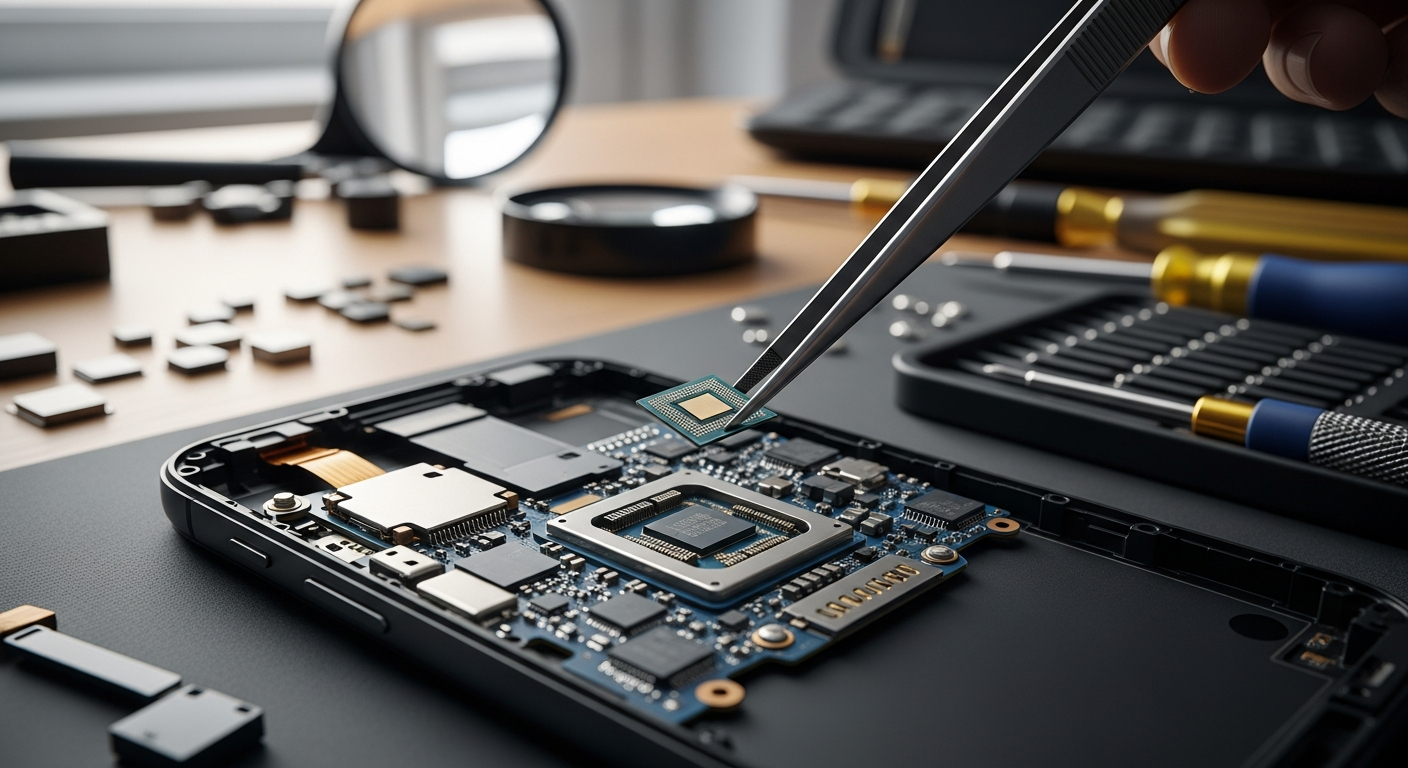Microlearning: The Future of Professional Development
In today's fast-paced professional landscape, the concept of microlearning is revolutionizing how we approach skill development and career growth. This innovative educational strategy breaks down complex topics into bite-sized, easily digestible modules, allowing professionals to learn efficiently and effectively amidst their busy schedules.

The Evolution of Workplace Learning
Traditional corporate training methods often involved lengthy seminars or multi-day workshops. While these approaches had their merits, they frequently resulted in information overload and poor retention rates. As the business world accelerated, the need for more agile learning solutions became apparent.
Enter microlearning. This approach aligns perfectly with the way our brains naturally process and retain information. By presenting content in small, manageable chunks, microlearning capitalizes on our cognitive abilities, leading to better understanding and application of new skills.
The Science Behind Microlearning
Cognitive science supports the efficacy of microlearning. Research shows that our working memory can only hold a limited amount of information at a time. By breaking down complex topics into smaller units, microlearning prevents cognitive overload and enhances retention.
Moreover, the spaced repetition often employed in microlearning aligns with the forgetting curve theory. This theory suggests that we forget information over time unless it’s reinforced. Microlearning’s bite-sized format allows for frequent reinforcement, solidifying knowledge in long-term memory.
Implementing Microlearning in Your Career Strategy
Incorporating microlearning into your professional development plan can yield significant benefits. Start by identifying key skills or knowledge areas crucial for your career advancement. Look for microlearning platforms or resources that offer content in these areas.
Many organizations now offer microlearning modules as part of their training programs. If your company doesn’t, consider proposing the idea to your HR department. Alternatively, explore online platforms that provide microlearning courses in your field of interest.
The Role of Technology in Microlearning
Technology plays a crucial role in the success of microlearning. Mobile apps, short video tutorials, interactive quizzes, and gamified learning experiences are all part of the microlearning ecosystem. These tools make learning accessible anytime, anywhere, fitting seamlessly into busy professional lives.
Artificial intelligence and machine learning are further enhancing microlearning experiences. These technologies can personalize learning paths, adapting content based on individual progress and preferences, making the learning journey more efficient and effective.
Microlearning and the Agile Workforce
In an era where job roles are constantly evolving, microlearning empowers professionals to stay agile. It allows for rapid skill acquisition and adaptation to new industry trends. This agility is increasingly valuable in a job market that prizes versatility and continuous learning.
By embracing microlearning, professionals can cultivate a growth mindset, consistently expanding their skill set and staying relevant in their fields. This proactive approach to learning can lead to increased job security and more diverse career opportunities.
Challenges and Considerations
While microlearning offers numerous benefits, it’s not without challenges. One potential drawback is the risk of fragmented learning. Without proper structure, learners might struggle to connect individual concepts into a cohesive body of knowledge.
Additionally, not all skills or topics are suitable for microlearning formats. Complex subjects that require deep, sustained study may not be effectively conveyed through bite-sized modules alone. It’s crucial to balance microlearning with other educational approaches when necessary.
The Future of Professional Development
As we look to the future, microlearning is poised to play an increasingly significant role in professional development. Its flexibility and efficiency make it well-suited to the demands of modern careers. We can expect to see more sophisticated microlearning platforms, perhaps incorporating virtual reality or augmented reality technologies for immersive learning experiences.
The integration of microlearning into daily work routines is likely to become more seamless. Imagine receiving a quick, relevant lesson right before a crucial meeting or task. This just-in-time learning approach could revolutionize how we acquire and apply skills in real-time work scenarios.
Embracing Microlearning for Career Success
Microlearning represents a paradigm shift in professional development. Its ability to deliver focused, timely, and relevant learning experiences makes it an invaluable tool for career growth in the 21st century. By embracing microlearning, professionals can stay ahead of the curve, continuously expanding their skill sets and adapting to the ever-changing demands of the modern workplace.
As we navigate an increasingly complex and fast-paced professional landscape, the ability to learn quickly and effectively becomes a crucial competitive advantage. Microlearning provides the means to do just that, empowering individuals to take control of their learning journey and drive their career success.
Incorporating microlearning into your professional development strategy isn’t just about keeping up; it’s about staying ahead. As the job market continues to evolve, those who can adapt and learn efficiently will be best positioned for success. Embrace the power of microlearning, and unlock your potential for continuous growth and career advancement in this dynamic professional world.






